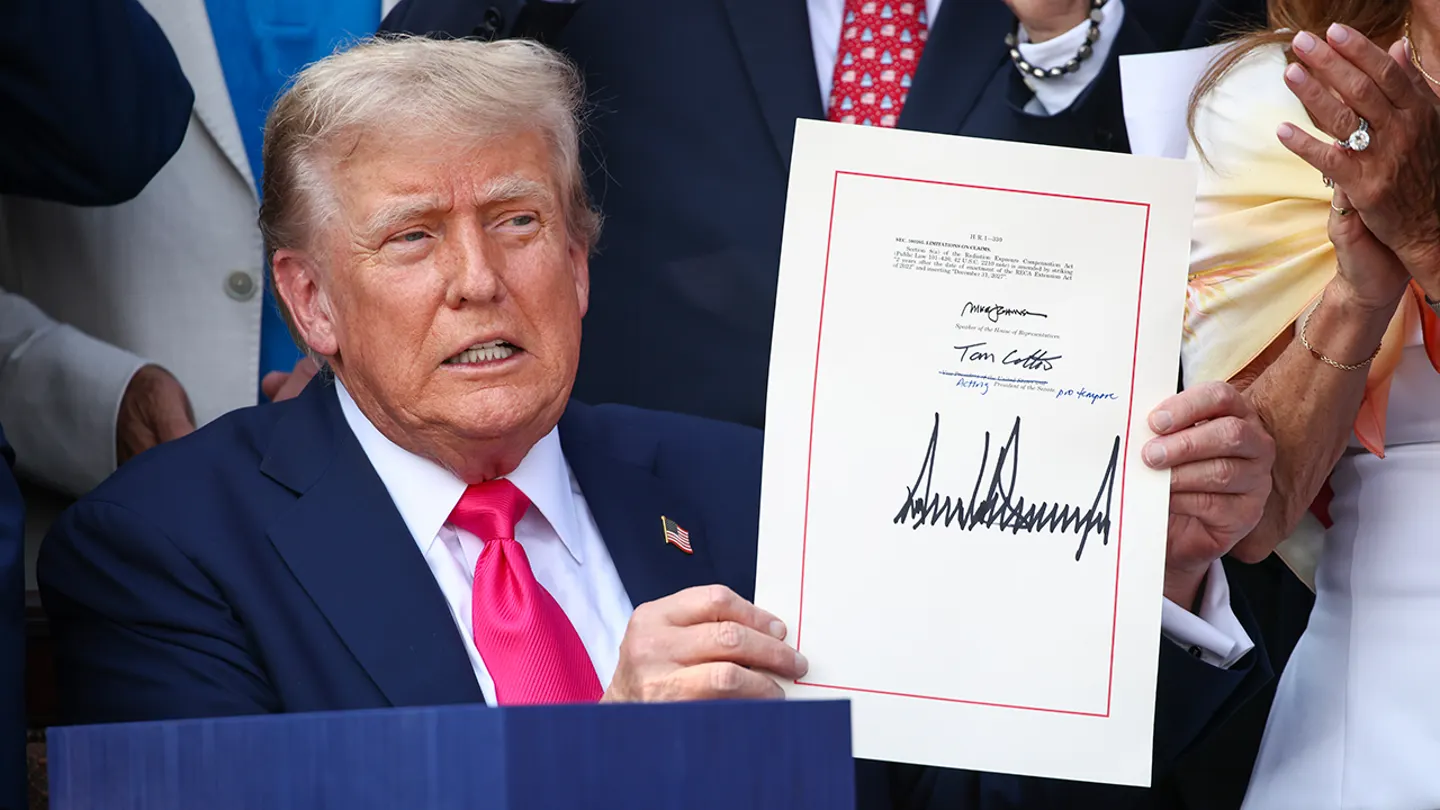President Trump recently signed the One Big Beautiful Bill, and one provision in it made me stop and rethink my stance on school choice.
The bill creates a new form of federal school choice through tax credits, and it’s a big deal. For the first time, individual taxpayers can receive a dollar-for-dollar federal tax credit (up to $1,700) for donating to approved scholarship organizations. These nonprofits then distribute the money to families earning up to 300% of the area’s median income which, in Utah, is about $238,000 per year.
On paper, this looks like a huge win for educational freedom. It opens the door for middle-income families to access private or alternative education options. And it allows donors to directly support school choice without routing money through government agencies.
But it also raises an important question: Should the federal government be the one driving this?

Utah’s legislature has already embraced school choice in a big way, first by passing and then expanding the Utah Fits All scholarship program. And Utah hasn’t stopped there. We’ve also led the nation in reducing red tape for new and innovative schools, arguably making Utah the easiest state in the country to start a school.
While I’m encouraged to see more families gaining access to education options, I’m uneasy about the federal government’s growing role in the process. I support school choice policy at the state level, but I am uneasy about it at the federal level.
The Good
I’ve long argued that if the government is going to tax us for education, then parents should have a say in how those dollars are spent. Parents know their children best. Giving them control over education funding creates real accountability for schools and puts market pressure on failing institutions to improve. School choice programs honor a parent’s right to guide their child’s education.
This new tax credit does that. It empowers families and redirects resources to where they are most needed. That’s worth celebrating.

The Problem
But here’s the catch: should the federal government be involved in education at all?
President Trump campaigned to shut down the U.S. Department of Education, a promise I still believe he should keep. Education decisions are best made locally, not by bureaucrats in Washington. Top-down solutions rarely solve bottom-up problems.
And that’s the heart of my concern. A federal school choice program, even one that promotes parental empowerment, still represents a centralized solution to what should be a state-led responsibility. Education has always been a matter for the states, and this program subtly but significantly shifts that balance.
A Better Way
If Washington really wants to help families, there are better options: eliminate the Department of Education, cut taxes, stop printing money, balance the budget, and reduce the deficit. These steps would have a far greater impact on our children’s future than any federal tax credit. The Big Beautiful Bill should have done this.
Empower families, but do it from the ground up. Real education freedom happens at the state and local level where parents, communities, and innovators are already leading the way.
Yes, parents should be in charge of their children’s education. But let’s make sure that power flows from local solutions, not federal programs.




